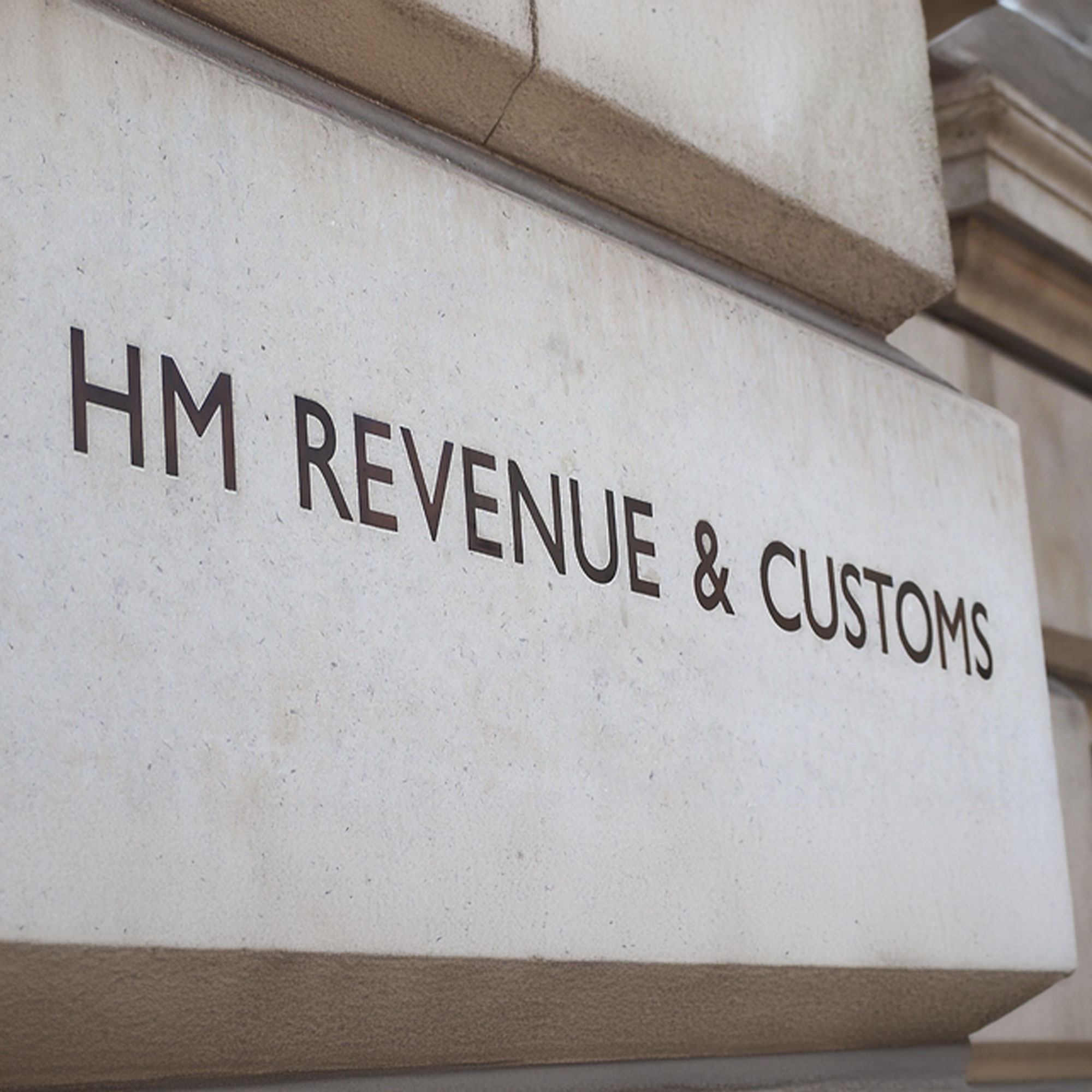Tribunal criticises HMRC – Is there a reasonable excuse?

By Jon Preshaw
Two recent cases decided last month, Belloul [2020] UKFTT 312 (TC) and Jacques [2020] UKFTT 311 (TC) contain some really helpful material for those dealing with tax disputes.
Both cases form part of what is becoming an ongoing series dealing with High Income Child Benefit Charge liabilities and penalties. Regardless of the subject matter, anyone dealing with disputes about either reasonable excuse or the service of letters and documents by HMRC will find something helpful in the decisions. Interestingly, both cases were decided without a hearing and I wonder whether that has meant some of the submissions made by HMRC have reflected more of the sorts of arguments we tend to see from them in correspondence.
There are two really key points for me as follows –
· The tribunal’s approach to whether a document had been received and the need for specific evidence to that effect – a really helpful reminder of the need for HMRC to evidence the actual service of the document in cases where the burden of proof is on them. In particular, it is really clear that an assertion that the document ‘must have been’ or ‘should have been’ issued is not going to be good enough without evidence.
· Perhaps more importantly, HMRC’s approach to reasonable excuse and ignorance of the law was subject to some pretty stringent criticism. It appears that the position taken in both cases by HMRC was simply that ignorance of the law could not constitute a reasonable excuse but the tribunal (very sharply) pointed out that this was not the case. The tribunal were also very critical of what appeared to be HMRC’s selective use of case law in support of their position.
Both points are likely to be relevant to debates going on at present around Failure to Correct penalties. There are clearly parallels to be drawn between HMRC’s attempts to alert taxpayers to the HICBC changes and the attempts made to publicise the RTC provisions. Additionally, I would expect much of the tribunal’s reasoning about reasonable excuse and ignorance to apply equally to some of the more esoteric failure to correct situations which are now coming out of the woodwork.
The decision in Jacques also contains helpful confirmation of the tribunal’s view on penalty reductions for special circumstances. The tribunal referred to the Upper Tribunal decision in Barry v Edwards [2019] UKUT 131 to support the proposition that ‘special’ should not be given a narrow meaning and concluded
“The definition of special circumstances should not be limited to the exceptional or the unusual.”
The contrast with the guidance on special circumstances in the Compliance Handbook Manual ( CH 170600) couldn’t be starker. The manual states –
“Special circumstances are either –
- uncommon or exceptional, or
- where the strict application of the penalty law produces a result that is contrary to the clear compliance intention of that penalty law.”
Perhaps time for an update?
Code of Practice 9 (COP9)
Receiving a Code of Practice 9 (COP9) letter from HMRC is a serious matter that requires immediate attention. This letter indicates that HMRC suspects deliberate tax fraud has taken place and initiates a formal investigation. How you respond in the coming weeks can...
Tax Disputes and Investigations – December 2025
This newsletter picks up a number of issues which arose from the November budget which will be of particular interest to those involved in tax disputes. Additionally, we have focussed on some new ‘Guidelines for Compliance’ issued by HMRC which has interesting...
Tax Disputes and Investigations – July 2025
HMRC reactivates enquiries into unallowable purpose Ben Proctor HMRC has been writing to taxpayers with open enquiries involving the unallowable purpose rule at Section 441 CTA 2009. The letters invite taxpayers to reconsider their position in light of three Court of...
Tax Disputes and Investigations – November 2024
The Autumn Budget contained several high-profile measures which have obviously been the subject of considerable debate since. In this month’s newsletter, we have looked at some of the immediate announcements which may be specifically relevant for those dealing...




